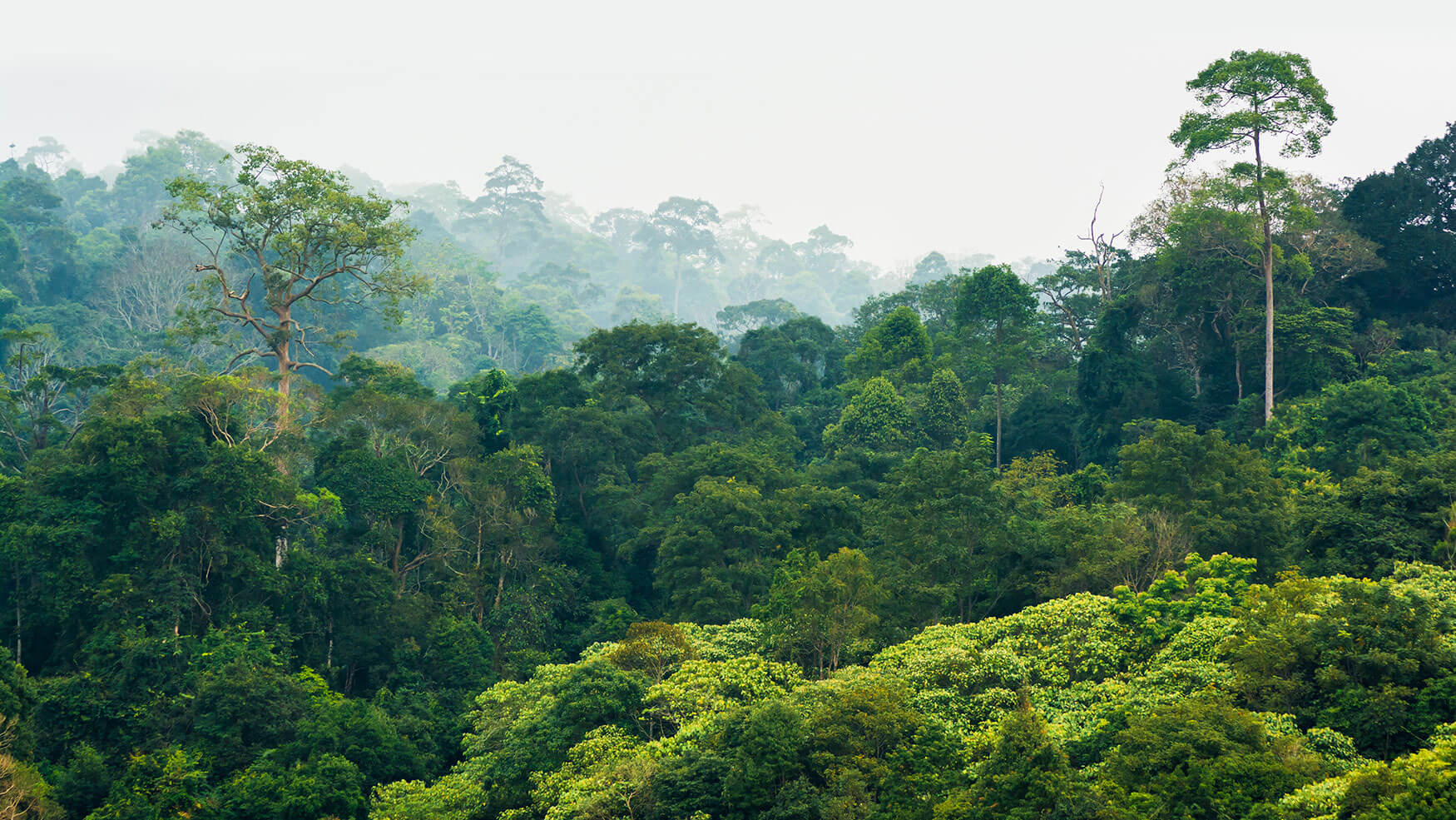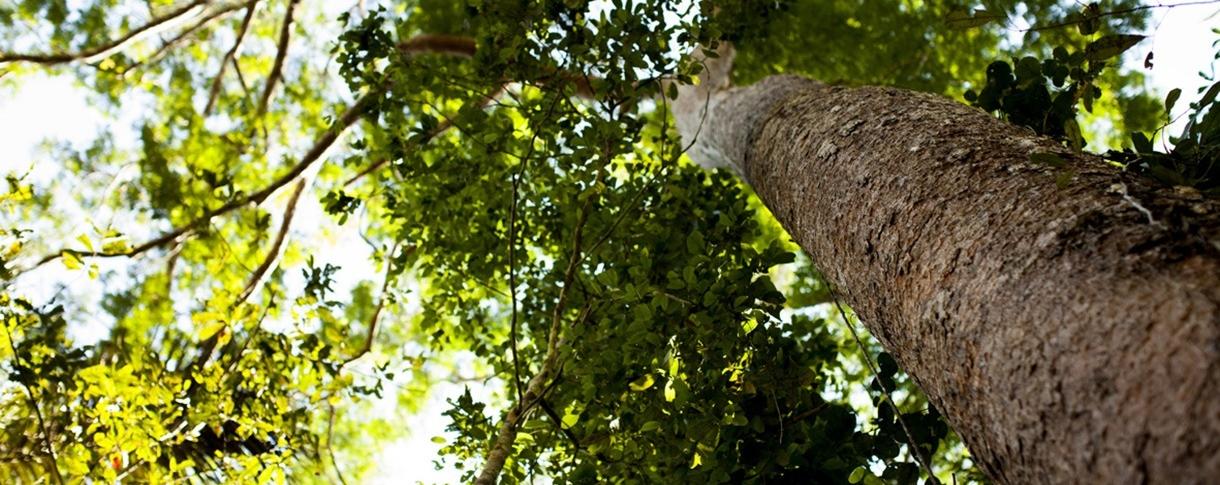Wood: The number 1 in biobased materials
Biobased construction is booming. The use of organic materials for the production of new end products has grown exponentially in recent years. Sustainability is becoming increasingly important. We all want to move towards a green society. Green raw materials such as wood, bamboo and flax are more environmentally friendly than fossil-based raw materials. Wood is seen as the undisputed number 1 among biobased materials. Van den Berg Hardhout is happy to tell you why.
Why build with biobased materials
There are several reasons why more and more people are engaged in biobased construction. Using renewable materials has its advantages, as it offers a lower environmental impact, thus making production processes more sustainable and circular.
Reducing the use of fossil resources
Raw materials coming from fossil sources, such as petroleum and coal are slowly running out. People are therefore looking for raw materials that can be reused indefinitely. This does not apply to wood from a responsible forest management perspective, as wood is renewable. Also the time that a forest needs to regrow is taken into account. These forms of biomass can be used well as raw materials and are biodegradable or can ultimately be used as fuel in final processing.
Low environmental impact
The use of biobased materials reduces the environmental impact of, for example, a construction project. If we look at the environmental impact factors (including global warming and the emission of toxic substances) of various building materials, we see that mineral products such as cement, steel and glass (extracted from finite raw materials) score significantly worse than wood and other renewable products. For example, the production of regular building materials also produces an enormous amount of CO2. Biobased materials, on the other hand, absorb CO2, retain the carbon (C) and can make a positive contribution to the reduction of emissions. Because they are lighter in weight, less heavy machinery is needed for transport as well as on the construction site. This makes the whole processing less costly in terms of energy.
Higher circularity for less waste
Non-renewable building materials are not always fully recyclable. If a building has been written off, plastic or composite parts often cannot be reused. Biobased materials on the other hand, are recyclable and can serve well as sheet material at a later stage. Over time, the quality of most products decreases and this also applies to biobased material. Products made of wood, straw or bamboo therefore cannot be recycled indefinitely. Nevertheless, the circularity of biobased materials is still better than of non-regrowing materials.
It is good to know that not all biobased materials are sustainable by definition. In responsible forest management, the forest is given time to recover after felling. Forests continue to exist over the long term and thus absorb CO2. Therefore, choose for certified hardwood.
The great advantages of wood as a biobased material
Wood is the most commonly used organic building material. This is not without reason, because wood has a number of favourable properties. For example, wood is very flexible in use; you can make anything with it. Take a look at our range! We list the biggest advantages of wood as a biobased material:
- Versatile material;
- Biodegradable;
- Reusable and recyclable;
- A low CO2 footprint;
- Favourable environmental score;
- Light in weight and easy to use.
What can you make with leftover wood?
You can make quite a few beautiful products with residual wood. At Van den Berg Hardhout we use the remains of FSC® hardwood, among other things, to make posts, planks, furniture and outdoor kitchens. We ensure that as little wood as possible is lost. We call this Upcycled Wood! Hardwood is so strong that even after use as a stable slat, it can still be given a second life. Sawdust that remains can also be used. For example, as pellets. When you add water, you have excellent material (wood pulp) for insulating material!
Wood is a suitable product for a second and sometimes even third life.
Van den Berg Hardhout and sustainability
Sustainability is one of our top priorities. Not only do we use residual wood that becomes available during our production process, but furthermore we only have hardwood with an FSC®label. With our range of FSC® certified hardwoods, we contribute to responsible forest management for a healthy living environment for humans and animals. On our page hardwood for a better world you can read more about certified FSC® wood and its sustainability requirements. Together with NL Greenlabel partners, we are reducing our environmental impact and working on a nature-inclusive living environment.
Do you have plans for a construction project with biobased materials? As a hardwood wholesaler, we are happy to help you make the best choice.
Wij zoeken nieuwe collega's!
Bij Van den Berg Hardhout zijn we op zoek naar nieuwe collega's die ons team kunnen versterken. Ben jij een echte aanpakker en op zoek naar een nieuwe uitdaging? Kijk dan eens tussen onze vacatures.



